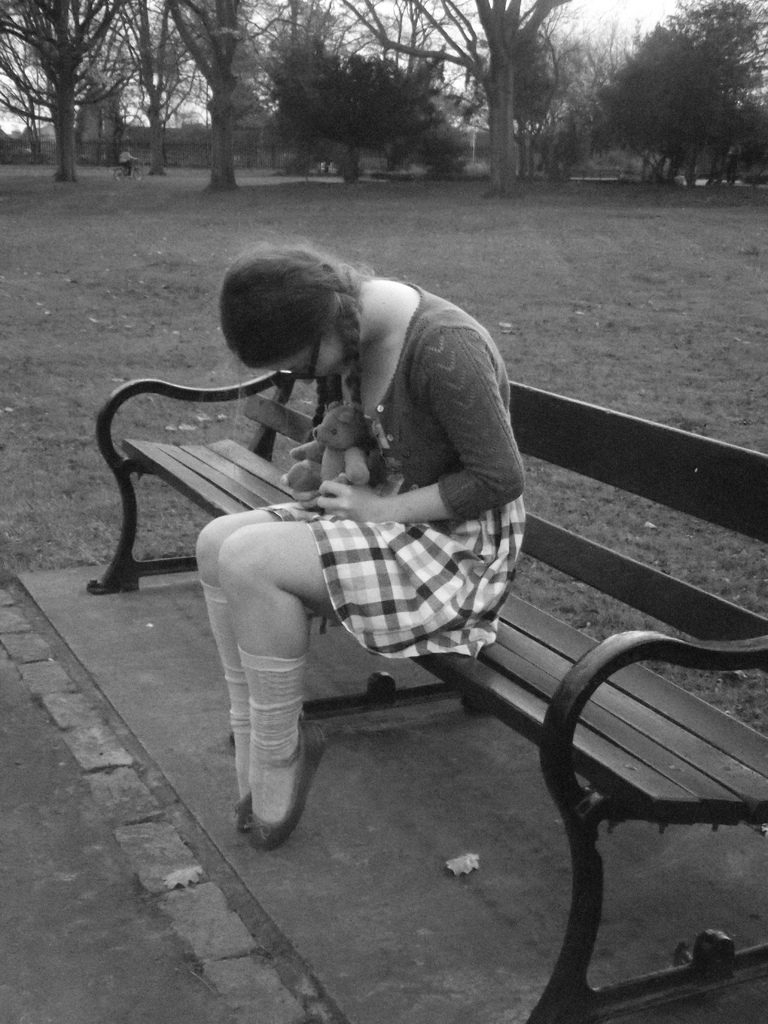By Fae McNamara
Irish children are experiencing mental health issues just as much as adults. While this may be an unpleasant concept to accept, recent studies have shown that there is an increase in primary school children experiencing mental health issues, along with the recent surge in children aged four to ten turning to self – harm as an outlet for emotional struggles.
One DCU study into the provision of primary school counselling services, along with countless others, has highlighted the irreplaceable nature of school counselling systems and how the absence of these services in Irish primary schools is greatly impacting the current mental state of our children.
While there are copious reasons for the development of emotional distress in young children, it has been shown that school counselling services are vital in uncovering the root of that stress. Imagine a young child experiencing the weight of anxiety while at the same time a dysfunctional family environment awaits them at home?
The absence of an accessible counselling service is disastrous. HSE counsellor Christopher Place said that the benefits in early access to counselling services are considerable. The structure of therapy sessions of course varies, but the safety and freedom that a counsellor’s office provides is vital in communicating with young children.
Self – harm is like the black sheep of mental illness. In recent years societal discussion on anxiety and mental illness has taken off, but at times it seems that self – harm and the reasons behind it were left behind. Linked to this is the stereotype of attention seeking, troubled teens, or that ‘it’s all in your head’ mentality. It becomes somewhat impossible however to ignore the issue of self – harm when studies show an increase in this destructive behavior among young children, particularly aged 10 – 14.
One alarming case of a mother from Limerick who fears the death of her son aged seven due to self – harm strikes at the idealistic vision of childhood. In an article featured in The Irish Independent, this mother grounds her fear in the unpredictability of securing professional help. In too many cases, resource professionals from schools refer these struggling parents to local counselling services. Here, the parents are met with a waiting list as opposed to assistance.
The current outcry of parents struggling to cope with the mental issues of their children has been directed at the HSE and Department of Health for not considering the needs of a child’s mental health separate from those of an adult. The DCU study conducted in this field has shown that there is a concentration of counseling services to the urban area of the country. The small town primary school is left at a loss, and with it its children.
Teachers are also left in a vulnerable position, with an increase in high – risk children both in school environments and the wider local community, they are often left to contend with the consequences, along with their educational responsibilities. Often, this leads to ‘creative’ methods being adopted to assist children with their emotional or behavioral issues. We must applaud their initiative, and the vigilance of teachers, parents and guardians. They are still often the key to identifying children suffering with their mental health. Although, it does seem that when there are virtually no services and these dismissive, if creative methods, being used out of necessity may just be a cry for help.
Photo by Rega Photography on Flickr
